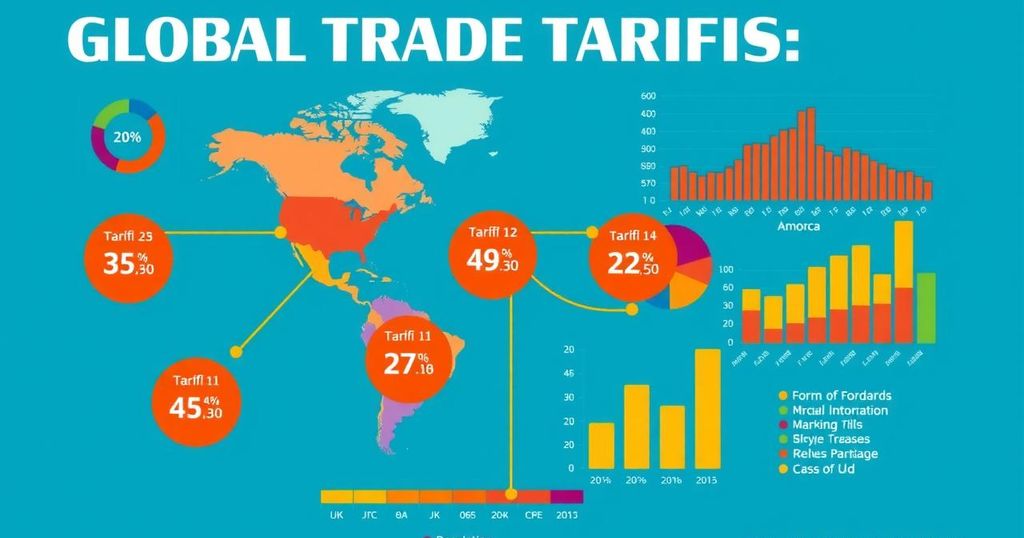President Javier Milei has requested congressional approval for an IMF loan agreement to stabilize Argentina’s economy and reduce inflation. The deal, part of the IMF’s EFF program, would allow the country to repay existing debts and potentially improve central bank assets. However, it has garnered criticism from some economists who question the efficacy of the approach.
On Tuesday, Argentine President Javier Milei requested congressional approval for an International Monetary Fund (IMF) loan agreement, asserting that it will stabilize the country’s central bank accounts and reduce inflation. This deal will enable Argentina to repay loan capital over 10 years, with a grace period of four and a half years, as detailed in a decree published recently.
The newly acquired funds, originating from the IMF’s Extended Fund Facility (EFF) program, are in addition to the existing $44 billion debt owed by Argentina. The borrowed amount is intended to cancel treasury bills held by the Central Bank of Argentina (BCRA) and to fulfill obligations under the IMF’s EFF program.
According to an existing law from 2021, the president must gain authorization from both chambers of congress to finalize such agreements with the IMF. However, only support from one of the chambers is required for the deal to become effective. Milei’s party, though a minority in parliament, successfully navigated this process last year to gain approval for two contentious decrees.
A bicameral committee will review the decree within ten working days, after which discussions will commence in both congressional chambers. In an opinion piece published in La Nacion, Milei indicated that the deal would facilitate the government’s ability to pay off its debts to the BCRA.
Milei attributed Argentina’s soaring inflation rate to an overabundance of money supply, exacerbated by the weakening of central bank assets. He emphasized that, “the agreement with the IMF seeks to restore the assets of the BCRA, so that inflation is only a bad memory of the past.”
Critics, such as economist Hernan Letcher, argue that the deal merely alters the source of creditors, shifting from the state to the IMF. Argentina’s inflation remains extremely high, recorded at 84.5 percent year-on-year in January. Notably, since taking office, President Milei’s strategies to reduce government spending and debt have resulted in a decrease in inflation from 211.4 percent in 2023 to 117.8 percent in 2024.
In summary, President Javier Milei has called on Congress to approve an IMF loan agreement designed to restore the central bank’s financial stability and manage inflation. While the deal has encountered criticism, particularly regarding its implications for debtor responsibility, it reflects Milei’s commitment to addressing Argentina’s economic difficulties. The outcome of the congressional review will be critical in determining the path forward for Argentina’s financial recovery.
Original Source: thesun.my




